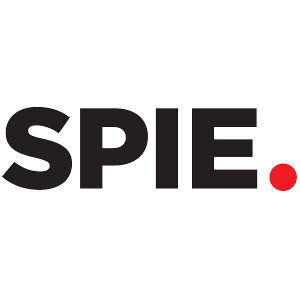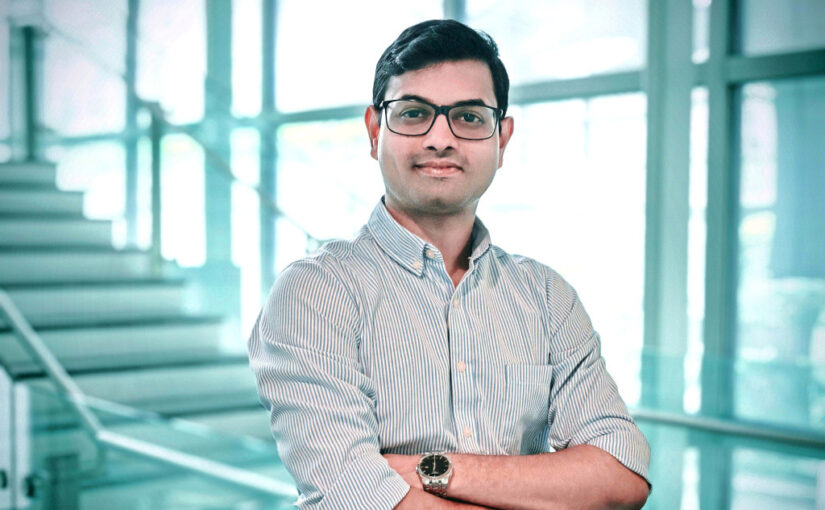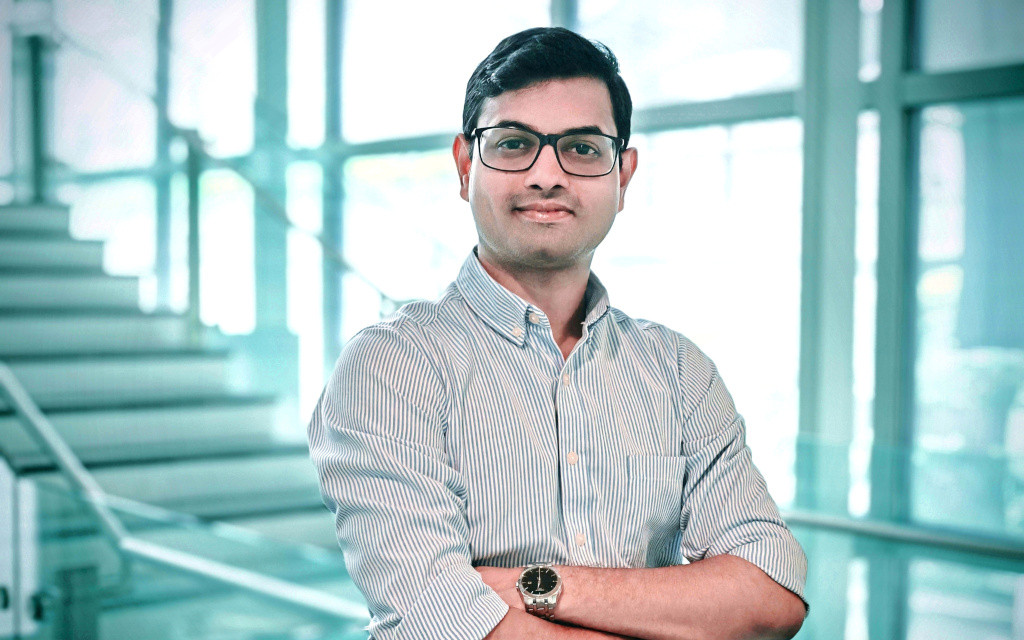The Soft Matter Lab participates to the SPIE Optics+Photonics conference in San Diego, CA, USA, 3-7 August 2025, with the presentations listed below.
- Antonio Ciarlo: Probing fluid dynamics inertial effects of particles using optical tweezers
4 August 2025 • 11:45 AM – 12:00 PM PDT | Conv. Ctr. Room 3 - Hari Prakash Thanabalan: Inchworm inspired soft robot locomotion based on groove-guided locomotion
5 August 2025 • 8:30 AM – 8:45 AM PDT | Conv. Ctr. Room 4 - Antonio Ciarlo: miniTweezer: an autonomous high-throughput optical tweezers platform for force spectroscopy (Invited Paper)
5 August 2025 • 9:45 AM – 10:15 AM PDT | Conv. Ctr. Room 4 - Alex Lech: Deeplay: enhancing PyTorch with customizable and reusable neural networks
5 August 2025 • 12:00 PM – 12:15 PM PDT | Conv. Ctr. Room 4 - Mirja Granfors: DeepTrack2: physics-based microscopy simulations for deep learning
5 August 2025 • 2:45 PM – 3:00 PM PDT | Conv. Ctr. Room 4 - Martin Selin: Advanced autonomous optical tweezers experiments
5 August 2025 • 4:30 PM – 4:45 PM PDT | Conv. Ctr. Room 4 - Berenice García: Optical fingerprinting of biomolecular condensates
5 August 2025 • 5:00 PM – 5:15 PM PDT | Conv. Ctr. Room 4 - Anoop C. Patil: From Spectra to Stress: Unsupervised Deep Learning for Plant Health Monitoring
6 August 2025 • 10:30 AM – 11:00 AM PDT | Conv. Ctr. Room 4 - Yu-Wei Chang: BRAPH 2: a flexible, open-source, reproducible, community-oriented, easy-to-use framework for replicable network analysis in neurosciences
6 August 2025 • 11:00 AM – 11:15 AM PDT | Conv. Ctr. Room 4 - Daniela Pérez Guerrero: Quantitative analysis of dynamic biofilm structures via time-resolved droplet microfluidics and artificial intelligence
6 August 2025 • 2:30 PM – 2:45 PM PDT | Conv. Ctr. Room 4 - Martin Selin: Mapping the adsorption dynamics of core-shell particles at liquid-liquid interfaces with optical tweezers
6 August 2025 • 4:30 PM – 4:45 PM PDT | Conv. Ctr. Room 3 - Mirja Granfors: Global graph features unveiled by unsupervised geometric deep learning
7 August 2025 • 2:45 PM – 3:00 PM PDT | Conv. Ctr. Room 4
Giovanni Volpe, who serves as Symposium Chair for the SPIE Optics+Photonics Congress in 2025, is a coauthor of the following invited presentations:
- Blanca Zufiria Gerbolés: (Invited Paper) Computational memory capacity predicts aging and cognitive decline
7 August 2025 • 11:15 AM – 11:45 AM PDT | Conv. Ctr. Room 4 - Bohdan Yeroshenko: (Invited Paper) Pushing the limits of label-free single-molecule characterization by nanofluidic scattering microscopy
5 August 2025 • 8:45 AM – 9:15 AM PDT | Conv. Ctr. Room 4
Giovanni Volpe will also be the reference presenter of the following Poster contributions:
- Agnese Callegari: (Poster) Dense neural networks for geometrical optics
4 August 2025 • 5:30 PM – 7:30 PM PDT | Conv. Ctr. Exhibit Hall A - Agnese Callegari: (Poster) Experimenting with macroscopic active matter
4 August 2025 • 5:30 PM – 7:30 PM PDT | Conv. Ctr. Exhibit Hall A




